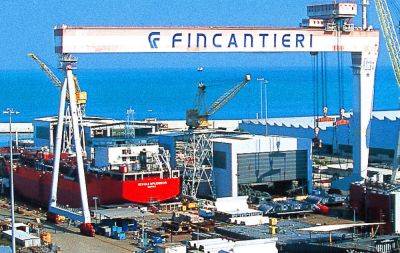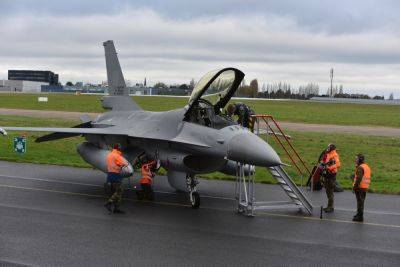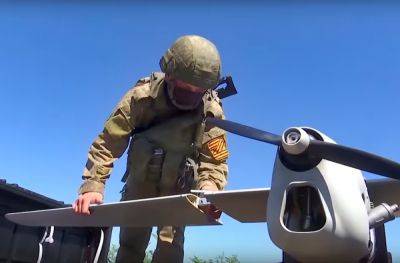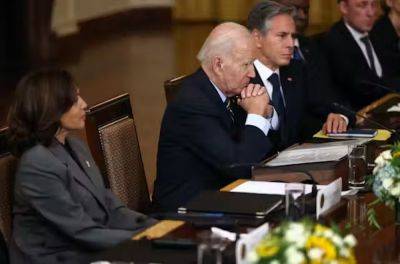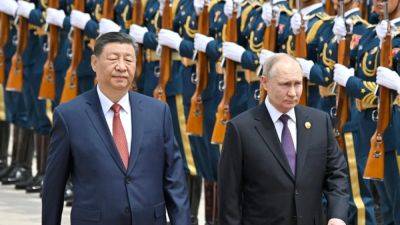Ukraine war is a racket, as is NATO expansion
In 1935 retired Marine General and two-time Medal of Honor winner Smedley Butler published a 55-page pamphlet that caused a sensation. The pamphlet, entitled “War is a Racket,” was reprinted in Reader’s Digest, assuring a mass circulation at the time. Butler summarized his argument this way:
Butler’s argument has lingered to this day. As we view the tragedy in Ukraine, it is hard to understand why so many billions of dollars and tens of thousands of modern weapons have been squandered in a NATO crusade to expand its borders.
The Ukraine war has weakened the United States because it has emptied its treasury and its arsenals. It has undermined US interests elsewhere, especially in the Pacific, where a restless China is now challenging Taiwan, the Philippines and Japan.
But even more is involved, and this includes NATO itself. NATO is the premier defensive alliance, established in 1949, to defend against the spread of communism in eastern and western Europe.
Communism in Europe disappeared in 1991 with the collapse of the Soviet Union. Even the somewhat popular Italian Communist Party disintegrated, replaced by a couple of far-left socialist parties that have never gained any traction.
Despite the collapse, or better yet, disregarding the collapse, instead of NATO dissolving (as did the Warsaw Pact), NATO adopted an expansion policy. It engaged in wars outside of the context of a defensive alliance including Bosnia and Herzegovina, Kosovo, Libya and Afghanistan.
And NATO expanded eastward and is still trying to enlarge. (It could have included Iraq, but the Turks adamantly objected, so the US organized a “Coalition of the Willing.”)
Not counting Ukraine or Georgia, both promised future NATO membership, and possibly also


